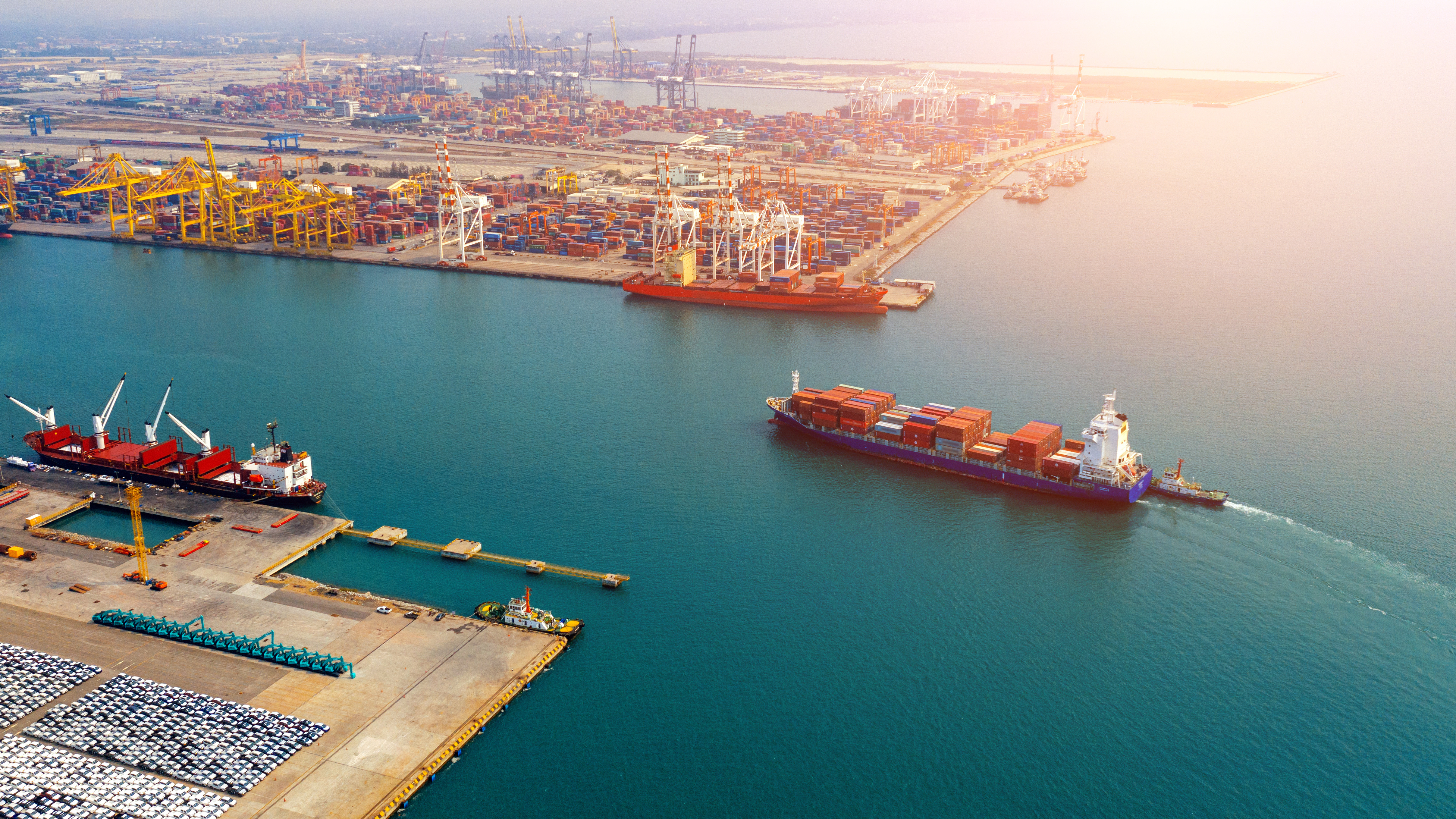OUTLINE
- The European Union and the United States continue to apply trade sanctions against the Government of Syria and a number of designated Syrian persons and entities.
- This circular provides an overview of key sanctions that apply to Syria shipping and related insurance activities
TO THE MEMBERS
SYRIA SANCTIONS
Background
Both the European Union and the United States continue to apply trade sanctions against the Government of Syria and a number of designated Syrian persons and entities. This circular provides a general overview of key sanctions that apply to Syria shipping and related insurance activities and also describes the potential impact of certain recent developments.
EU sanctions
EU sanctions against the Government of Syria have been effective since May 2011. The EU trade sanctions measures currently in force are set out in Council Regulation (EU) No 36/2012, as amended and Council Regulation (EU) No 168/2012, which amends Council Regulation (EU) No 509/2012.
The provisions most relevant to the shipping and marine insurance industries are:
- prohibitions on the sale, supply, transfer or export of listed luxury goods and certain dual-use items, chemicals and oil and petroleum products, including a ban against providing, directly or indirectly, financial assistance, insurance or reinsurance related to such activities,
- a prohibition on the transport of crude oil and petroleum products of Syrian origin,
- a prohibition on the provision of key equipment and technology for use in the oil and gas industry in Syria, or to be used in the construction or installation in Syria of new power plants for electricity production,
- a prohibition on the provision of insurance and reinsurance to the state of Syria or those acting on its behalf,
- a prohibition on the sale, supply, transfer or export of arms and related material of all types, and of equipment that could be used for internal repression,]
- asset freezes on a number of individuals and entities and prohibitions on making funds or economic resources available (including the supply of goods) to designated persons held responsible for the violent repression of civilians.
In addition, on 12 December 2014 the EU issued Regulation 1323/2014, prohibiting the sale, supply, transfer or export of jet fuel and fuel additives to any Syrian entity or for use in Syria and the insurance and re-insurance of those activities. There are very limited exceptions.
United States sanctions
The United States has also continued to apply trade and related sanctions against Syria and on Syrian persons and entities, in particular under Executive Order 13582. Prohibited activities include:
- making new investments in Syria,
- exporting, re-exporting, selling or supplying directly or indirectly, of any services to Syria,
- importing or dealing in Syrian-origin petroleum or petroleum products.
Although the US sanctions are not designed to have extraterritorial effect on non-US persons, E.O.13582 provides for the blocking of property located in the US of any person (including non-US persons) who is determined to:
".have materially assisted, sponsored, or provided financial, material or technological support for, or goods and services in support of, any person whose property and interests in property are blocked pursuant to this order."
The term "materially" is not defined and is determined in each case.
Developments
During 2015 the OFAC designated a number of Syrian entities involved in maritime commerce and US persons are consequently prohibited from undertaking trade with these entities. These were:
- General Directorate of Syrian Ports
- Lattakia Port General Company
- Tartous Port General Company
- Syrian General Authority for Maritime Transport
- Syrian General Shipping Agencies Company ("Shipco")
- Syrian Chamber of Commerce.
In addition OFAC designated eight other (non-US) entities and seven vessels because they had been determined to be materially assisting the Syrian Government by the delivery to them of LPG and gas oil cargoes. These were delivered via the port of Banias, which OFAC described as a "government-controlled port".
In light of these designations it is clear that LPG and gas oil cargoes being carried to Syria will be subject to close scrutiny by the sanctions regulators because of their concerns that these cargoes often end up with the Syrian Government. Members are therefore strongly advised to conduct appropriate due diligence when offered such cargoes in order to satisfy themselves over the true identity of the intended receiver and end user of the cargo.
It should also be noted that the Syrian Company for Oil Transport ("SCOT") is the main operator of the pipeline networks which serve ships discharging at Banias. SCOT is a designated entity under both EU and US sanctions and any payments to SCOT would potentially be a breach of those sanctions. Members are advised to ensure when using Banias that no payments to SCOT are made by them, either by way of a specific charge or inclusion in general port dues.
Finally, Members are reminded that U.S. banks and the USD cannot be used to process any payments relating to Syria.
While the current trade sanctions and designation of Syrian persons and entities remain in force, Members considering trade to and from Syria are advised to contact the Managers for further advice. In any event however Members intending to fix voyages to Syria should perform appropriate levels of due diligence on all parties, including shippers, receivers and their principals and take steps to mitigate the risk of charterparties offending sanctions law.
All clubs in the International Group have issued a similarly worded circular.





